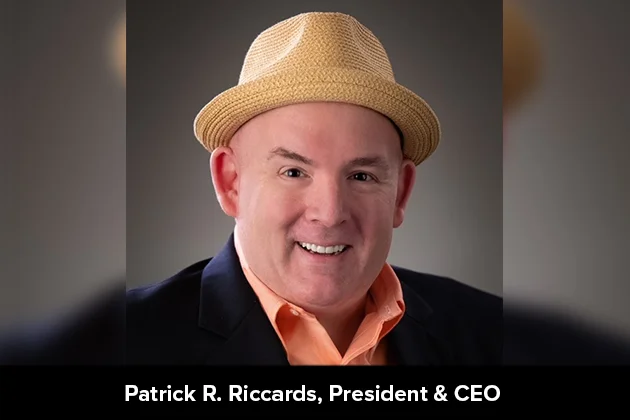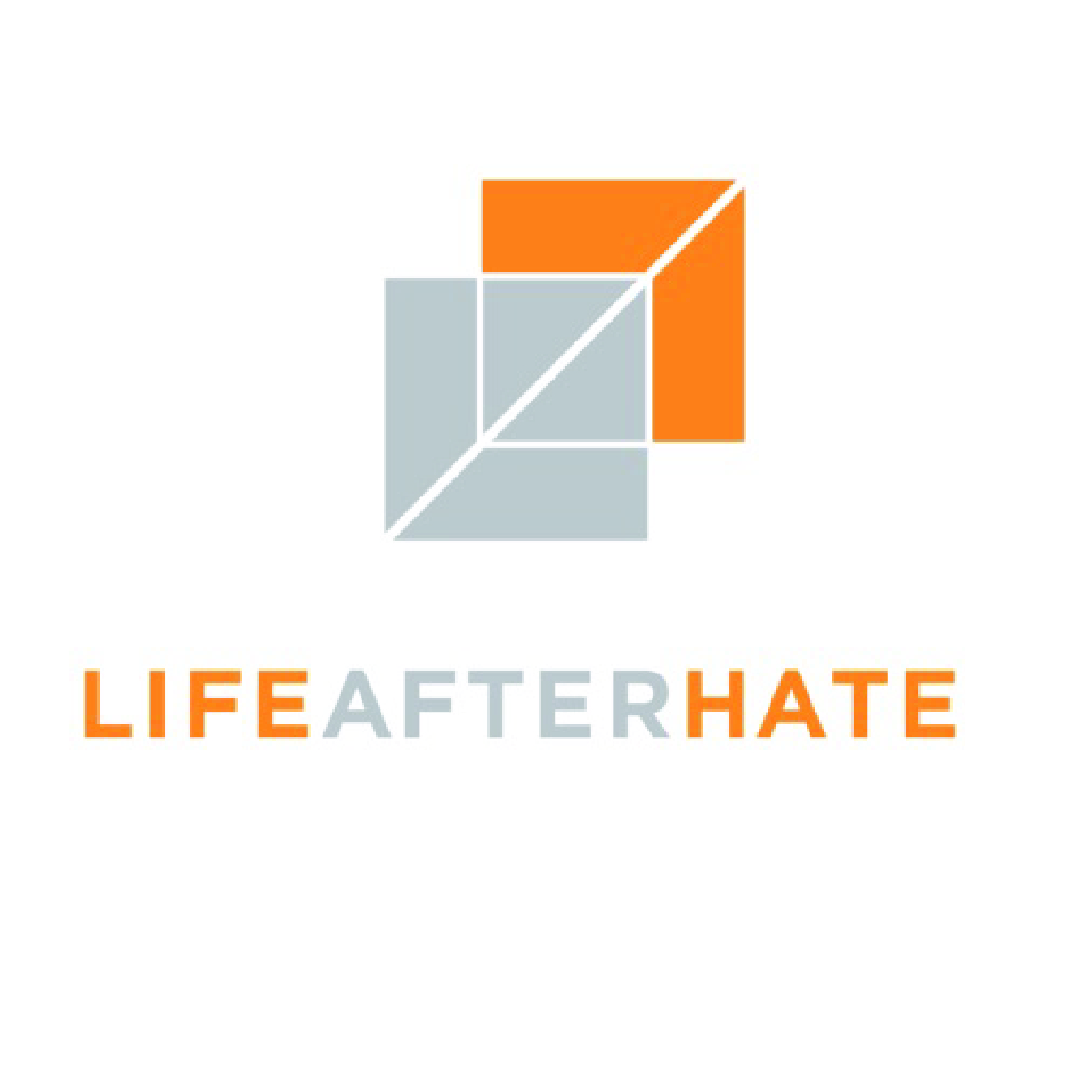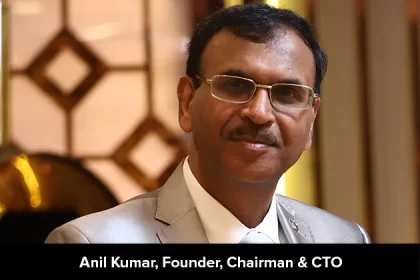No one is born hating another person. Peak of pain, repressed anger and frustration teach people to hate. But if they can learn to hate, they can be taught to love also. There is only the need to offer a clear pathway out. That’s the goal the violence-intervening community, Life After Hate has been working on. It is committed to help people disengage from violent far-right groups and hateful online spaces, to connect with humanity and lead compassionate lives. Patrick R. Riccards, President and CEO of Life After Hate, was with the CEOViews team to share how they are helping people escape violent extremism.
Inspiration
Life After Hate was built by individuals who had formerly been violent-right-wing extremists. As they tried to get out of that life and redeem themselves, they largely had to do it alone. Twelve years ago, in 2011, a number of them came together and determined there was a need for an organization that would help those like them, exit a life of hate, so the organization was born. It has evolved from what was largely a peer support group to an organization with licensed health care professionals and social workers, along with former extremists, committed to violence intervention.
Journey and legacy
When incidents of violent extremism in the United States rose to its peak, people started understanding the need for an organization like Life After Hate. Patrick shared, “We have charted new territory from the very start because when we began, no one was doing this sort of work. We believe in redemption. If we cannot provide violent extremists the opportunity to redeem themselves, we force them deeper and deeper into lives of hate, giving them no hope for change. Now we can look at millions of individuals who are consuming our messages and public education campaigns, realising there are paths to second chances. We are looking at the individuals we are counselling and supporting each day.”
Life After Hate is built on five core values: compassion, empathy, integrity, redemption, and accountability.
Innovative Approach to Interventions
At Life After Hate, innovation is driven through three commitments. First, they believe in data. Their focus remains in analysing client files to ensure the efforts are directed towards work with greatest impact. Second, they focus in transparency, knowing that they must share the data, good or bad or ugly, with the field to improve the entire industry. And finally, they prioritize in bringing together licensed mental health professionals and social workers trained in both identifying and addressing risk.
The process of intervention is complex and long-term. The multidisciplinary team model that combines formers and mental health practitioners, work to identify what individuals need to leave hate and violence and set and manage goals to restore their lives.
How it works
The process is divided into two stages disengagement and deradicalization. Disengage- ment helps people distance themselves from the violent far-right. Deradicalization uses conversation to change a person’s thought process and way of thinking so that they no longer encourage extremist ideas.
After learning the background and interests of clients, the team steer them towards activities that can drive them away from hate-based communities. The range of services offered includes individualized education, support groups and job training designed to steer people away from extremist groups.
Core Values
Life After Hate is built on five core values: compassion, empathy, integrity, redemption, and accountability. These are values that former violent extremists must ultimately embrace and embody to leave their lives of hate behind. These values also resonate in the way the organization is run on and in employees and their way of approach to clients.
Decision tree
By instituting a decision tree, the team determines whether to proceed with a new idea or not. They maximize the impact of work while being responsible stewards of money.
Why it matters
None of us want to be judged based on our worst day or our lowest moment. But for those who have been a part of violent extremism, their worst experiences are often how society perpetually views them. Those who truly want to exit a life of hate are some of the bravest individuals out there who are choosing to give up a life, a family, a place of belonging, often the only home they know, to do better and be better, without knowing if society will accept them back.
Adding more to that, Patrick said, “Our job is to help them through each step. No matter how dark the present may seem, Life After Hate helps individuals find a path forward, seeing that change is possible, necessary, and welcomed.”
Labor-intensive work brings in challenges
It can be incredibly challenging to spend days and work with violent extremists. It can be mentally and emotionally exhausting. But they do that having believe in compassion and second chances. Accord- ing to Patrick, because of the complexity of work, there is a need to constantly collect information that allows to improve the programming and the impact on work. There is also a constant need to redefine what ‘going to scale’ looks like in the field that is so dependent on one-on-one counselling and support. Looking at new ways can provide scalable engagement initiatives that can better educate the nation on this important work.
Clients here come in various stages of disengagement and it can take months or years to completely disengage and reintegrate into society. By interrupting violence committed to advance political, social, religious, or ideological beliefs, Life After Hate is able to carry out the vision of moving towards a world that allows people to change and contribute to a society without violence.
Future Vision
Life After Hate has ambitious plans for growth in 2023 and beyond. As demonstrations of hate and intolerance continues to grow, the idea of how violent extremism operates, how it recruits, how it deploys its recruits, how it attacks those who disagrees with, is constantly changing to meet the realities of politics, technology, and civic obligations in our nation. So, in addition to continuing to focus the outreach efforts on extremists themselves, this year they will be launching specific education initiatives targeting friends and family, law enforcement, and military veterans. Through video stories, social media, and other engagement tools, they will increase awareness of violent extremism and how to effectively deal with those considering exiting such a life.
Life After Hate, with a group of dedicated social workers, peer advisors have committed their heart and soul in helping individuals seeking to escape from the path of violent extremism. They listen with open minds to the journeys and experiences of others and from their own experience and rehumanization, find a way out for redemption. Driven by compassion, they are aimed to create an environment that supports change and healing. Life not always gives a second chance, but Life After Hate does.












